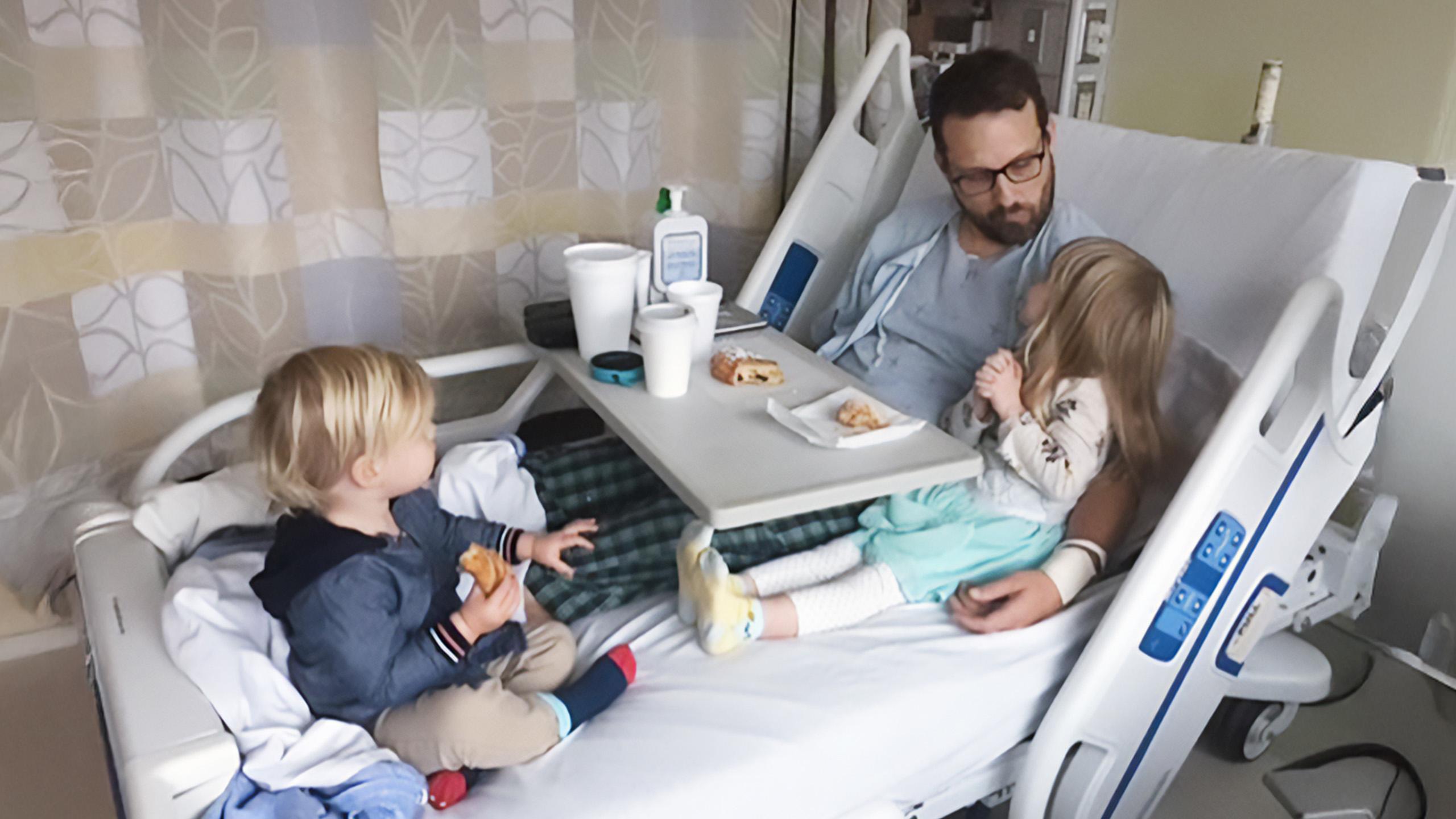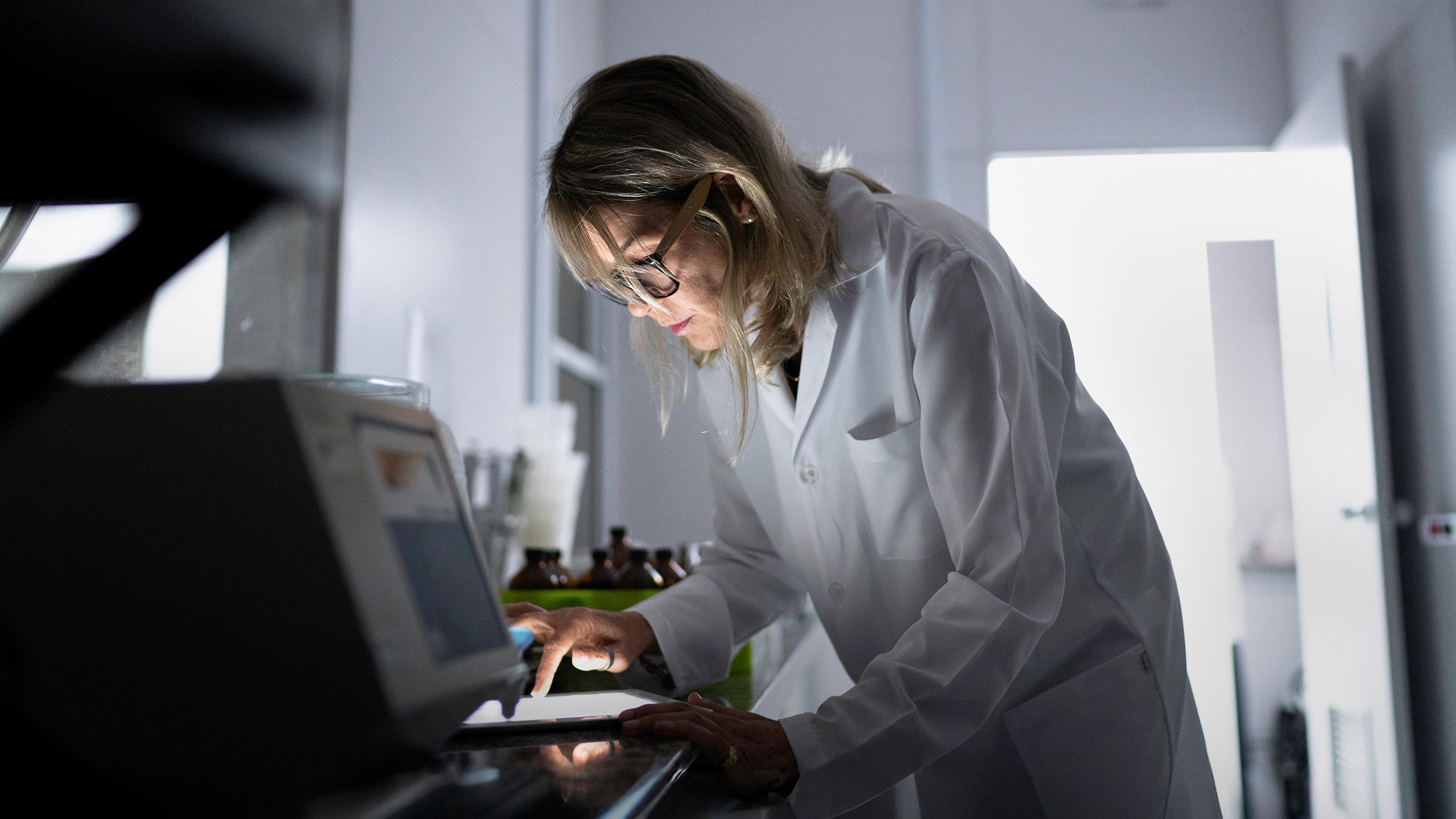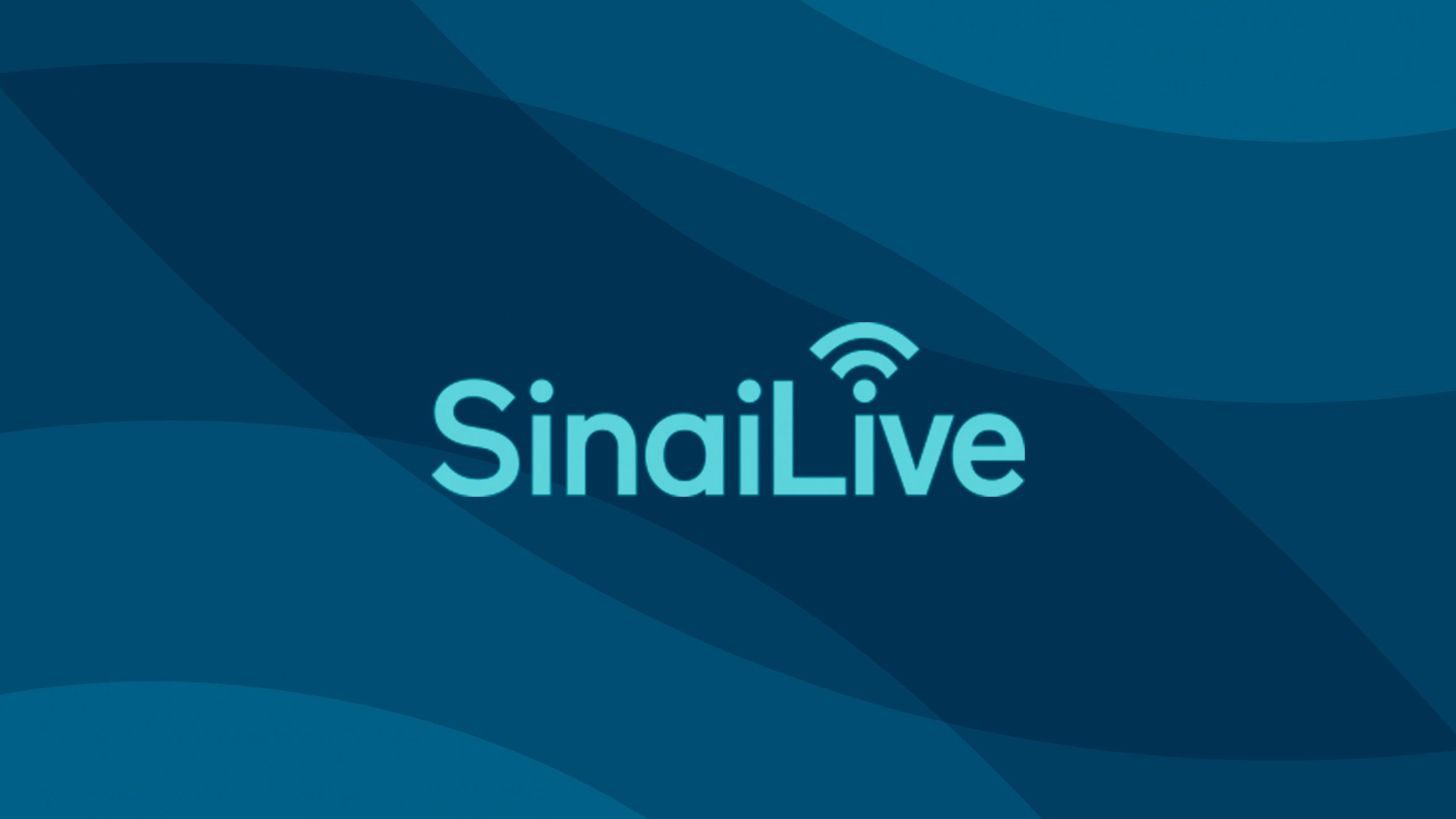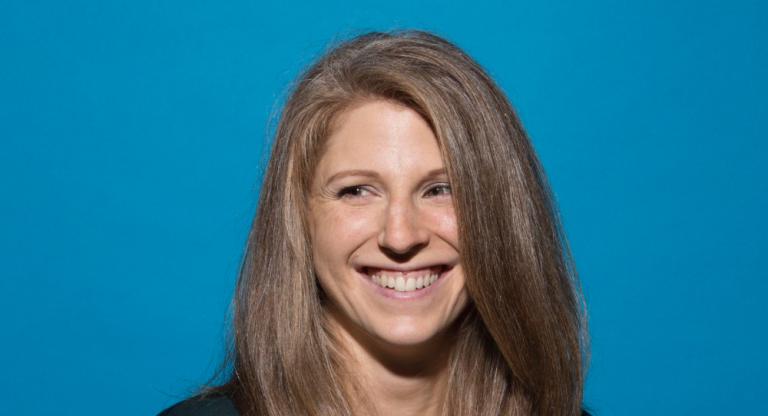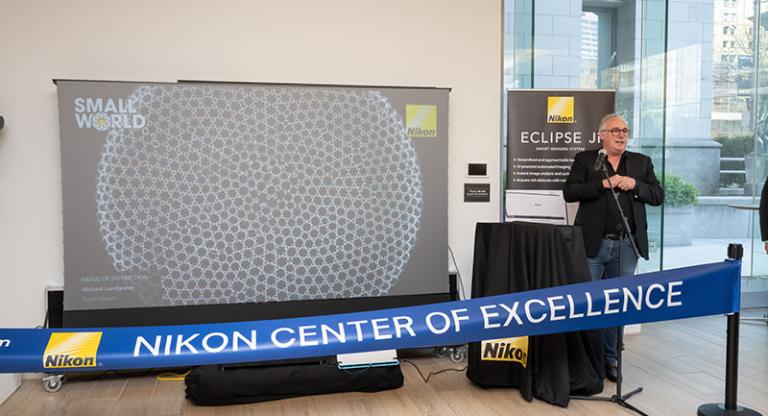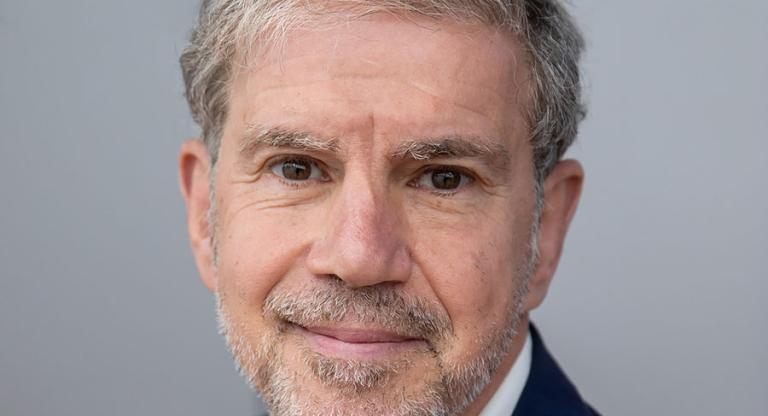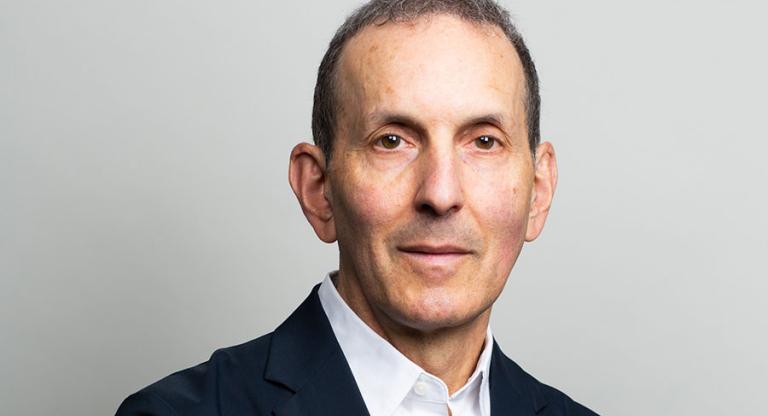Behind the science: Dr. Daisy Singla
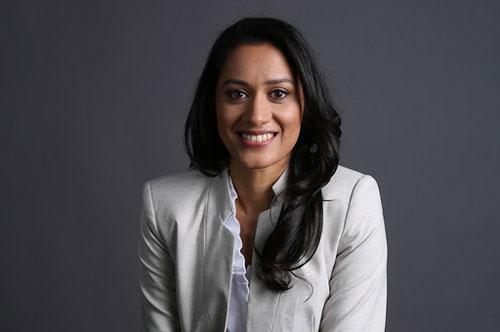
This interview with Dr. Daisy Singla, clinician scientist at Sinai Health’s Lunenfeld-Tanenbaum Research Institute, or LTRI, is part of Behind the Science, a regular series from Sinai Health Foundation that asks some of its brightest and world-leading researchers about what drives their curiosity about the human body in health and illness. As the world marks International Women’s Day in March, Dr. Singla’s work in improving the mental health supports for women before, during and after pregnancy shows what can be accomplished when women help support and improve the lives of other women.
What is your area of research and what are you hoping to discover?
I am interested in scaling up evidence-based talk therapies for depression and anxiety. As clinician scientists, we know that talk therapies are among the most effective interventions in medicine but most people cannot access them. As public health servants, I believe it is our responsibility to improve access to these effective treatments.
What’s been your biggest ‘A-HA’ moment to date?
I spent the majority of my doctoral degree in clinical psychology conducting research in India and sub-Saharan Africa. My ‘A-HA’ moment came when I realized that the challenges that we were tackling abroad were almost identical to those at home in Canada — namely the lack of access to talk therapies for common issues such as depression and anxiety. A few years later, this materialized into the Scaling Up Maternal Mental healthcare by Increasing access to Treatment (SUMMIT) trial — the largest psychotherapy trial for perinatal women to date.
What’s one of the biggest challenges you’ve faced and why?
One of my greatest challenges is being a young woman of colour in a predominantly white community. Canadians tend to deny these are issues that exist, but a look at who occupies almost all positions of power speaks to the problem. Fortunately, the last year has facilitated so many of us to speak aloud about this critical issue.
What’s been one of your greatest rewards in your career so far?
The first is observing the impact of our work. I am overjoyed when I hear about how SUMMIT has changed the lives of women in our study or when younger researchers on my team are inspired to address issues of inequity. The second is collaborating with brilliant minds and cultivating friendships. Both remind me that it’s a privilege to do the work that I do.
What is one thing you’d like to accomplish in the next decade?
I hope to develop a system where most people — rich or poor — can readily navigate the mental health care system and access patient-centered care.
What advice would you have to share with your 19-year old self?
Pursue your dreams unapologetically.
What is on your bucket list?
Tackling systemic racism by modifying core beliefs about out-group members. As psychological scientists, we have the scientific and clinical tools to tackle these important questions.
What would your perfect day be like?
Some combination of warm weather, exercise, exploration and connecting with loved ones sounds pretty close to perfect!
Who would you invite, alive or dead, to your dream dinner party?
Simone de Beauvoir or Mahatma Gandhi. In fact, why not both?
